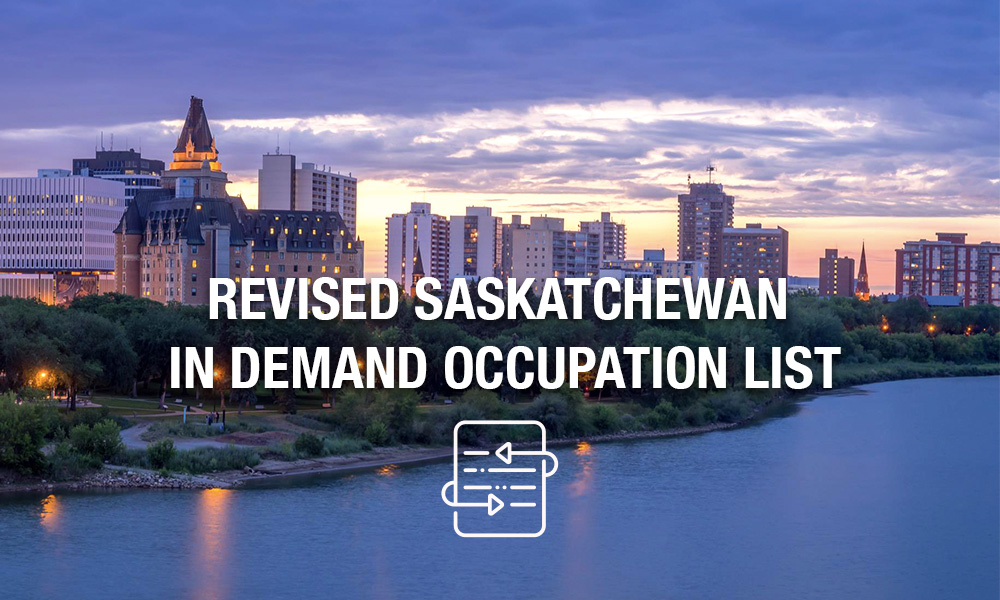IRCC has launched a short-term pathway to permanent residence for caregivers. The Interim Pathway for Caregivers (IPC) is open to applicants until June 4, 2019.
The IPC responds to an issue that developed since the changes made in 2014 to caregiver immigration. The 2014 changes were not well understood. Many caregivers continued to work in Canada without realizing that they were no longer part of the old Live-in Caregiver Program, and that they would not qualify for the Caring for Children or Caring for People with High Medical Needs pilots.
With modified criteria for education and work experience, the IPC offers another opportunity for caregivers, who no longer qualified under the old Live-in Caregiver Program, to become permanent residents.
In addition, later this year, IRCC will launch 2 new caregiver immigration pilot projects for home child-care providers and home support workers. These new pilot projects will replace the Caring for Children and Caring for People with High Medical Needs pilots, which expire later in 2019.
The new pilot projects will have some of the same features as the old Live-in Caregiver Program, such as providing a direct pathway from temporary to permanent residence.
Under the new pilots, applicants will be assessed for permanent residence criteria before they get an initial temporary work permit to come to Canada. This means that caregivers who get a work permit associated with one of the pilot projects will have only the 2-year work experience criteria left to meet to attain permanent residence.
Other features of the new pilot projects include the introduction of occupation-specific work permits that will allow caregivers to change jobs quickly when needed. Spouses and common-law partners will be eligible for open work permits, and minor children will be able to obtain study permits. It will also remove barriers for the caregiver’s family to come with them to Canada.
Source: http://www.cic.gc.ca/english/resources/enewsletter/index.asp#interim


